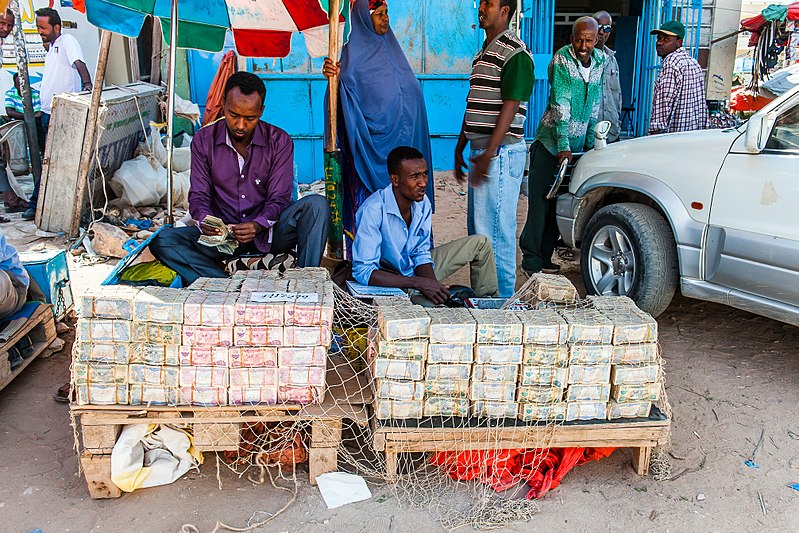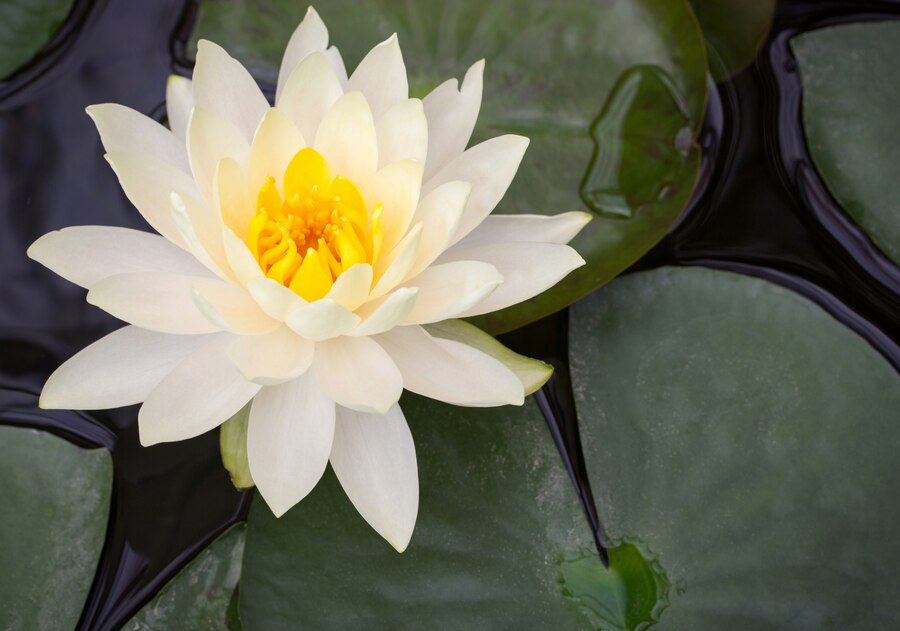Somalia is an African country on the continent’s east coast. It’s a country with an extensive history and culture. However, it has been plagued by conflict and instability for many years. Consequently, the economy has been negatively impacted. One of the most visible manifestations is the widespread use of cash transactions. Money exchange in Somalia changes hands in open streets.
The unique and vibrant money exchange system has thrived for decades, defying conventional banking norms. The intricate network of informal money transfer systems operates in open spaces. Consequently, this creates a dynamic ecosystem.
Become an insider. Subscribe to our newsletter for more top trending stories like this!
In Somalia, formal banking is limited. Thus, the open-air money exchanges facilitate smooth trade and connect communities. Let’s expound on money exchange in Somalia.
In light of this, Check out Amazon books about the Hawala system.
People Also Read: 5 Remarkable Somali Girls Who Beat All Odds to Grace the Fashion World
The History of Money Exchange in Somalia
Video Credit: Passenger Paramvir
To understand how this informal financial system has thrived, let’s first understand the history of this practice.
The Somali civil war in 1991 led to the collapse of the formal banking system. In addition, there was a breakdown of the central government. These challenges left the East African nation facing decades of political instability and civil unrest.
Without a functioning govt, informal money transfers emerged and thrived. Consequently, the Somali people had to look for alternative ways to do financial transactions. They sought to provide essential currency exchange services.
People Also Read: Meet the Dinka Tribe: The Tallest People in Africa
Open Transactions in Open Streets
Unlike conventional banking transactions behind closed doors, Somalia’s money exchange occurs in the open streets. Open-air markets and public spaces become impromptu financial hubs. The Hawaladars set up shop on makeshift tables or simply conduct transactions on the ground. This unique approach to money exchange clearly shows how the Somali people adapted to their challenges.
In the streets of Mogadishu, the capital city, Hawaladars sit amidst colorful fabrics, spices, and many goods. They create a comfortable platform where money changes hands as naturally as any other commodity.
The open nature of these transactions fosters transparency and a sense of community as people witness the financial interactions around them.
People Also Read: The African Continent: why is Africa important to the world
The Hawala System
Video Credit: CAMS Online Trading
The traditional Hawala system lies at the heart of Somalia’s open-air money exchange. “Hawala” means “transfer” in Arabic and refers to a trust-based money transfer system operating outside formal banking channels. This historical system has been adapted to the modern context, becoming essential to Somalia’s financial landscape.
In the Hawala system, individuals known as “Hawaladars” act as intermediaries to facilitate transactions. Clients provide funds to a local Hawaladar, who then communicates with a counterpart in another location – often in a different country.
The recipient, identified by a unique code, can collect the funds from the corresponding Hawaladar at the destination. Undoubtedly, this system operates on trust and relationships. Resultantly, this allows quick and secure transactions without needing physical currency movement.
Join our Spotcovery Global Black Community Facebook Group for early access to exclusive content and to share in a lively discussion.
Become an insider. Subscribe to our newsletter for more top trending stories like this!
Government Initiatives in Money Exchange in Somalia
Video Credit: CGTN Africa
The Somali government and international organizations recognized the importance of a stable and regulated financial system. As a result, they have begun to legalize and control the informal money exchange sector. For instance, attempts have been made to introduce legislation that tackles the hazards connected with money transfer networks while maintaining the economic benefits they provide.
International cooperation has been critical in this process. International Monetary Funds (IMFs) and the World Bank collaborate with the Somali government to build financial institutions and improve regulatory frameworks. These initiatives seek to compromise between keeping the flexibility and accessibility of the informal money exchange system while limiting the hazards connected with it.
People Also Read: Oldest Tribe in Africa: 5 Ancient Fascinating African Ethnic Groups
Challenges and Risks Involved
Video Credit: KTN News Kenya
While Somalia’s open-air money exchange system has proven resilient, it has challenges and risks. Because there is no formal regulation or control, the system is vulnerable to illegal acts such as money laundering and terrorism financing.
International efforts to address these concerns have raised scrutiny of the Somali financial environment, leading to requests for stronger regulatory structures.
Additionally, relying on trust and personal relationships in the Hawala system can create vulnerabilities. For instance, in cases where trust is breached, individuals may find themselves disadvantaged, with little recourse for dispute resolution. Because these transactions are informal, users are more vulnerable to scamming.
How to Safely Exchange Money in Somalia
Video Credit: DW News
While these money exchange systems are widely used and trusted, taking precautions is essential to ensure a safe and secure exchange. Here are some tips to help you safely exchange money in Somalia:
- Go to reputable Hawaladars and seek recommendations from the locals.
- Ensure the Hawaladar is licensed and has an affiliation with recognized financial institutions.
- Check different Hawaladars and go for fair exchange rates
- Request for the documentation like the unique code given
- Consider using internationally recognized money transfer services that operate in Somalia. Also, seek a quieter and more private location if you deal with significant amounts.
- Stay updated on the security situation in the region where you plan to exchange money. Besides, double-check the recipient’s details, especially if you’re sending money to someone in another location.
- Keep Personal Information Secure. However, consult residents or business owners for advice on reputable Hawaladars and safe money exchange practices when in doubt.
- Exercise caution if the Hawaladar makes unusual requests or asks for unnecessary information for a standard transaction.
People Also Read: Black History Financial Facts: Reflecting on Financial Milestones in the African American Community
In the open streets of Somalia, money changes hands in a way that reflects the resilience and adaptability of people who have faced decades of adversity. The informal money exchange system, rooted in traditional practices and bolstered by modern innovation, is vital in connecting communities and facilitating trade.
While challenges and risks persist, ongoing efforts by the Somali government and international partners seek to strike a balance between regulation and preserving the unique characteristics of this dynamic financial ecosystem.
Nearly 80% of consumers visit directories with reviews to find a local business. List your business for free in our exclusive Spotcovery Black-Owned Business Directory.
Spotcovery offers unique and fresh daily content on Black culture, lifestyle, and experiences. We talk about everything black, black people, black-owned and black-owned businesses. We also deliver authentic and relevant content that will inform, inspire, and empower you! The future of black media is critical to today’s black experience! Our primary audience includes African Americans, Africans, Afro-Caribbean, and people of African heritage. Black culture is for the culture!
Become an insider. Subscribe to our newsletter for more top trending stories like this!





